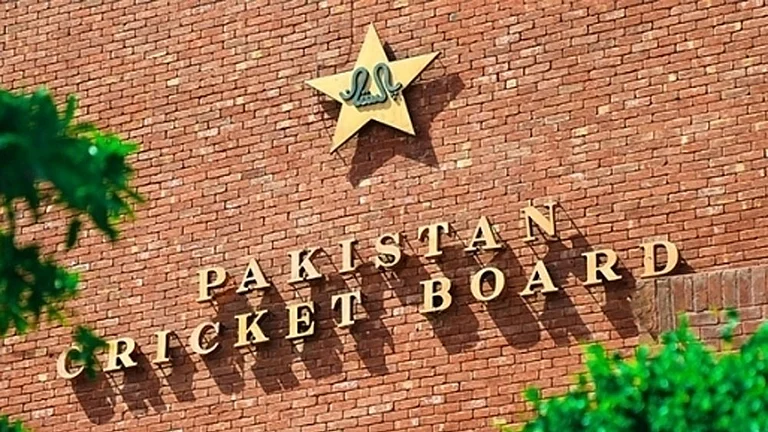India’s ‘illegal immigration’ bogey, and the debate it inspires, have, as their inevitable target, neighbouring Bangladesh—the supposed origin of all such immigrants. The nation is anxiously watching the ongoing process of ascertaining the citizenship of individuals in the national citizenship register in Assam. Many people in the state believe that many of those whose names are being struck off the rolls had surreptitiously sneaked into India from Bangladesh. This could now lead to a demand that Dhaka take back its people.
If that happens, Bangladeshi Prime Minister Sheikh Hasina will be in a spot. She had been highlighting cordial ties and bilateral cooperation in a wide range of areas between India and Bangladesh as a major diplomatic success of her Awami League government. The course of the NRC in Assam and how it plays out in the rest of India are issues that have begun to bother policy planners in Dhaka. The anxiety could even heighten in coming months, as Bangladesh moves closer to the year-end parliamentary elections.
“At the moment our priority is to get our leader (Begum Khaleda Zia) out of prison and restore democracy,” says Assaduzzaman, the Bangladesh Nationalist Party (BNP)’s secretary for human rights affairs. “But NRC is a sensitive issue and can turn into a major debating point as campaigning hots up,” adds the leader of the country’s main opposition party.
Many Awami League leaders had also expressed concern over the NRC to a visiting group of Indian journalist to Dhaka earlier this year. They had felt that it would be better if the Narendra Modi government asked Assam to keep the process of ascertaining people’s citizenship on hold, at least until parliamentary polls in Bangladesh were over.
In March 2018, when Bangladeshi President Mohammed Abdul Hamid visited Assam, he is understood to have discussed the issue with Assam’s chief minister and other leaders. It was again raised when Union home minister Rajnath Singh visited Dhaka in July. On both occasions, the Bangladesh government and the Awami League leadership had been assured by India that no decision will be taken by New Delhi without consulting Dhaka.
Read Also: Error-Free NRC Is A Broken Dream
Bangladeshi officials now put up a brave face, arguing that the NRC issue wasn’t worrying for Dhaka, as it was purely an internal matter of India. While non-inclusion in the citizenship rolls is a fearful eventuality for many people in Assam, Rajnath Singh has given the assurance that every person would be given the opportunity to prove their Indian citizenship.
Moreover, they point out that even if “push comes to shove” and a substantial number of people are deregistered from the rolls in Assam, West Bengal Chief Minister Mamata Banerjee had assured that they would all be accommodated in her state.
But while India-Bangladesh relations have had a good run in the past few years, there have also been occasions when the Hasina government has been disappointed with India. One such issue has been the Teesta river water sharing agreement that still remains elusive. It is not that in absence of the agreement Bangladesh would be starved of the much-needed water from India. But the failure to implement it after several years has increased the number of sceptics in Bangladesh about an Indian promise.
Read Also: Haste Can Spoil The Case
The manner in which the NRC issue evolves in Assam and how it impacts Bangladesh, therefore, gathers special significance. Under the Modi government, India has accorded Bangladesh a special place in its scheme of things, signifying close neighbourly cooperation. If the NRC issue is allowed to get out of hand to pander to popular sentiment in Bangladesh, it could seriously jeopardise India-Bangladesh relations. More importantly, it could also have a negative impact on Hasina’s chances in the impending general elections and add to the list of grievances voters have against the Awami League government. That is the last thing the Indian leadership would want to happen in one of its closest allies in the neighbourhood.


























